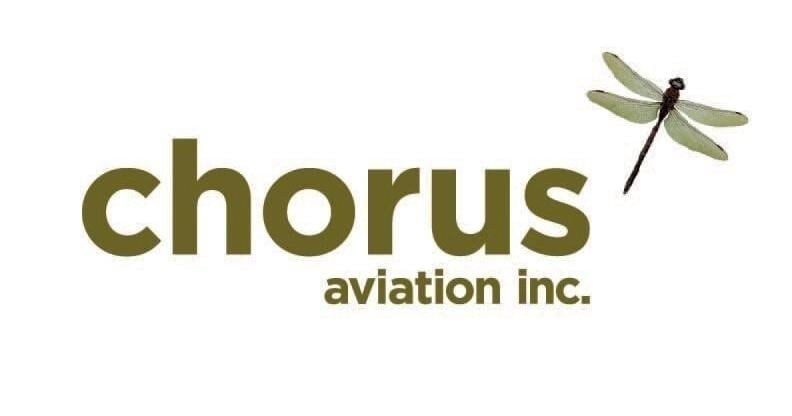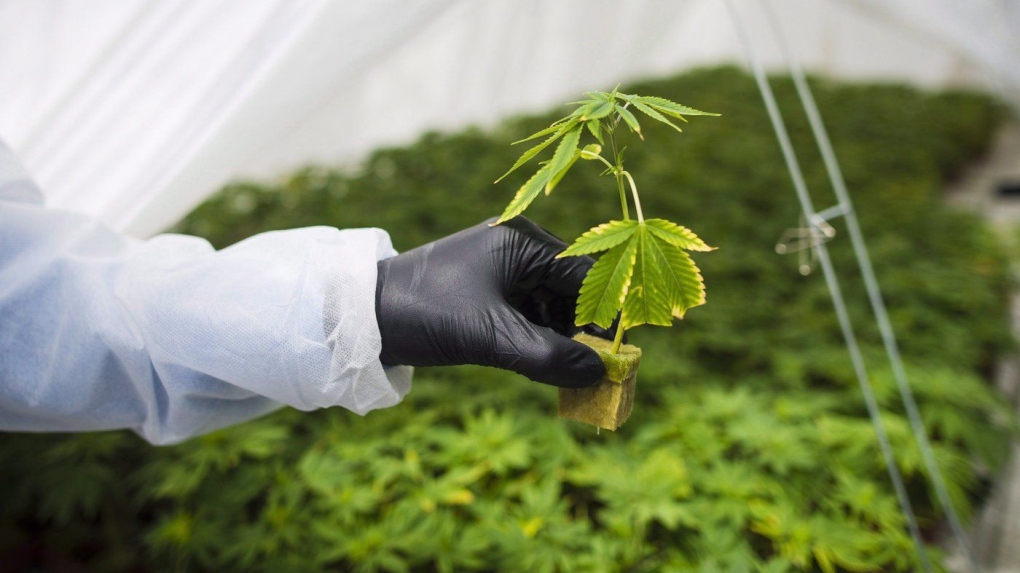Oil prices rose 3 percent in volatile trade on Tuesday as Wall Street surged and the International Energy Agency (IEA) increased its oil demand forecast for 2020, but gains were capped by worries about a second wave of coronavirus cases.
The global benchmark Brent crude futures ended the session up $1.24, or 3.1 percent, at $40.96 a barrel while United States West Texas Intermediate crude (WTI) rose $1.26, or 3.4 percent to settle at $38.38 a barrel.
More:
Oil gave up some gains in post-settlement trade after US crude inventories rose by 3.9 million barrels last week, according to industry group the American Petroleum Institute, compared with analysts’ expectations for a 152,000-barrel draw. Government data will be released on Wednesday.
The market was bolstered earlier when Wall Street opened higher after a record increase in May retail sales revived hopes of a swift post-pandemic economic rebound, with sentiment also lifted by data showing reduced COVID-19 death rates in a trial of a generic steroid drug.
In its monthly report, the IEA forecast oil demand at 91.7 million barrels per day (bpd) in 2020, 500,000 bpd higher than its estimate in May’s report, citing higher than expected consumption during coronavirus lockdowns.
Still, the agency said a decrease in air travel because of the virus outbreak meant the world would not return to pre-pandemic demand levels before 2022.
Gains were limited as coronavirus cases rose to more than eight million worldwide this week, with infections surging in Latin America, while the US and China are dealing with fresh outbreaks.
China sharply ramped up restrictions on people leaving Beijing in an effort to stop the most serious coronavirus flare-up since February from spreading to other cities and provinces.
A full US economic recovery will not occur until the American people are sure that the epidemic has been brought under control, Federal Reserve Chair Jerome Powell said.
“In the last two weeks, oil traders priced in two big ‘ifs’. How supply will evolve and the fear of the pandemic’s second wave,” said Bjornar Tonhaugen, Rystad Energy’s head of oil markets.
“If the world treats a second COVID-19 wave like in the first half of the year, then we are in for a demand reduction that was not in the initial planning.”
Oil supplies in May plunged by nearly 12 million bpd, the IEA said, with the Organization of the Petroleum Exporting Countries and its allies including Russia – a group known as OPEC+ – reducing their output by 9.4 million bpd.
That means OPEC+ hit 89 percent compliance with agreed cuts in May, the IEA said.
OPEC+ agreed this month to extend production cuts of 9.7 million bpd through July. It also called on members that have not been complying to make up commitments with extra cuts later.
Iraq, which had one of the worst compliance rates among the major producers, has already made deep cuts to its crude supplies to Asia in July.




























